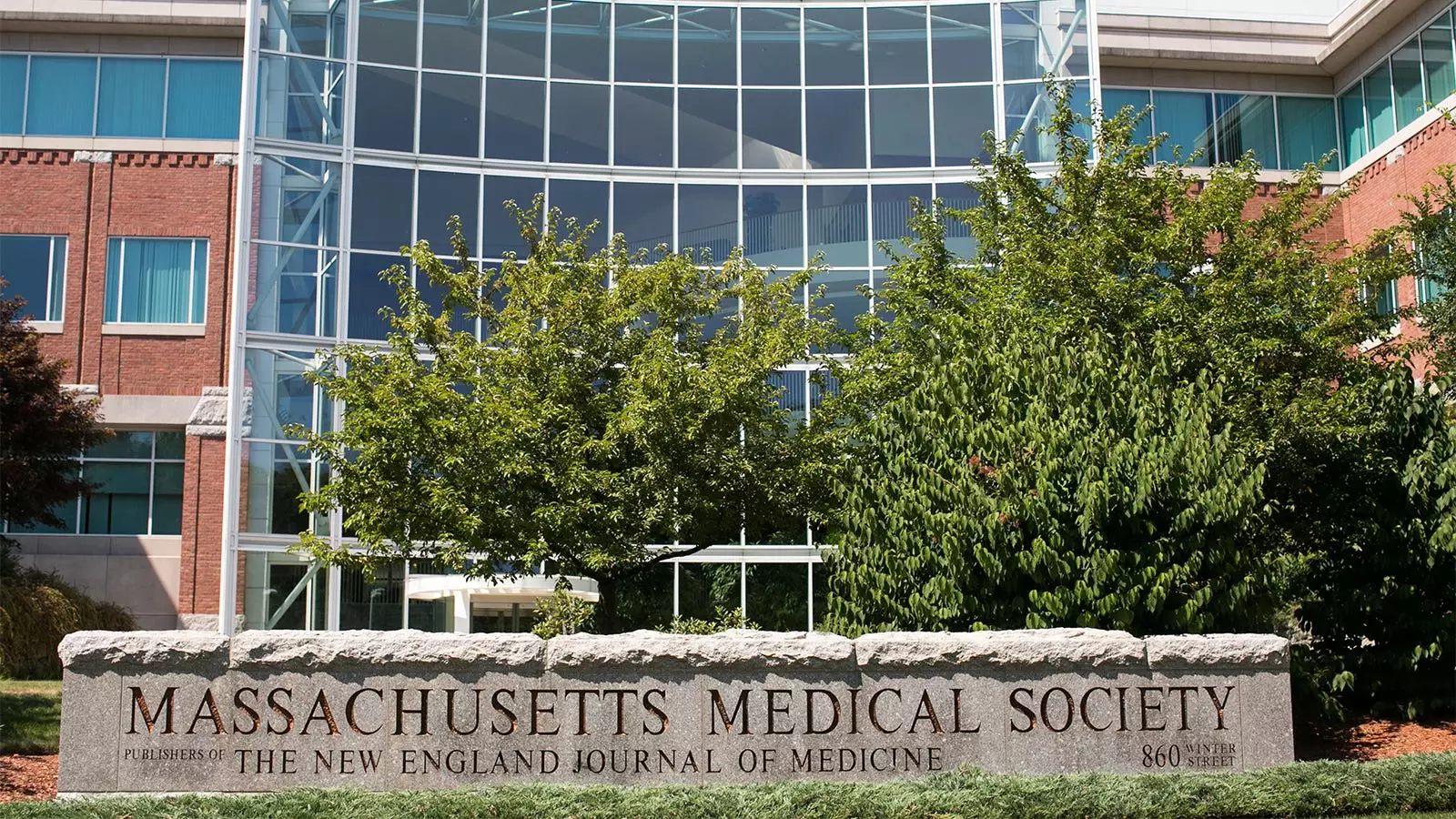The New England Journal of Medicine (NEJM) recently announced a significant change in its policy regarding embargoed access to its journal articles. Dawn Peters, the director of strategic communications & media relations at NEJM Group, stated that news outlets catering to physician readers will no longer be granted embargoed access. This decision has raised concerns among journalists and medical professionals alike, as it marks a shift in how NEJM interacts with the media.
The exact reasons behind NEJM’s decision to restrict access are not entirely clear. Peters mentioned that the landscape of medical publishing has evolved significantly since the introduction of the embargoed access policy. With the growth of NEJM Group’s journal offerings targeted at physicians and clinical professionals, the need to differentiate between various types of media outlets has become apparent. Peters emphasized that NEJM must consider the unique requirements of clinicians when granting advanced media access.
Dr. Ivan Oransky, a seasoned medical journalist and educator, criticized NEJM’s decision as a move to limit competition and expand its market share. He argued that restricting access to embargoed content could hinder the free flow of critical clinical information. Dr. George Lundberg, former editor-in-chief of JAMA, echoed these sentiments, describing the embargo system as primarily driven by concerns over journal image and publisher branding.
NEJM’s revised policy also impacts freelance journalists who cover healthcare topics. The criteria for eligibility have been updated to favor reporters targeting non-clinical audiences rather than those serving physician readers. This shift has raised questions about the inclusivity of NEJM’s new guidelines and the potential limitations it imposes on freelance reporters seeking early access to medical studies.
While NEJM has not explicitly stated whether other physician-focused publications are also affected by the revised access policy, the scrutiny of individual reporters’ applications suggests a broader impact across the medical journalism landscape. Questions remain about the overall implications of these changes on media coverage of clinical studies and the accessibility of critical healthcare information.
NEJM’s decision to limit embargoed access to specific media outlets reflects a broader trend in the evolving landscape of medical publishing. The implications of this policy change extend beyond individual journalists and news organizations, signaling a shift towards more selective dissemination of medical research findings. As the debate continues, it is essential to consider the broader implications of these decisions on the transparency and accessibility of vital healthcare information.

Leave a Reply